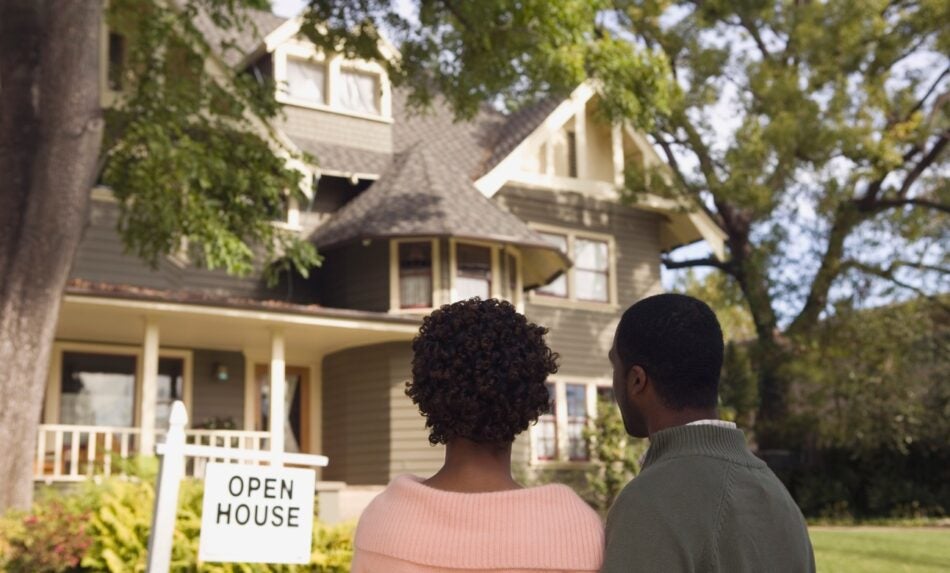If you’ve been house hunting, maybe you’ve been lucky enough to experience that feeling of This is it! – the moment when you finally find the property of your dreams.
Purchasing a new home is an incredibly exciting milestone. It also likely to be one of the biggest financial decisions you’ll ever make, so it’s important to protect that investment. No matter how well you plan, the closing costs associated with buying a property can be a surprise – especially for first time homeowners.
Before you put in an official offer for a new home, it’s important to consider how certain features of the property could impact your insurance premiums and overall budget.
What to consider when buying a home
Before you begin house hunting, spend some time researching where you want to live. The location of your home directly impacts how much you will pay for insurance – especially if you live in an area that is prone to extreme weather, flooding or wildfires.
In 2024, Canadian insurers reported their costliest year to date, paying out $8.5 billion in insurance claims across the country due to natural catastrophes. As a result, many homeowners can expect an increase in their insurance rates.
Before finalizing the paperwork on a new property, here are some important considerations:
- Hire a qualified home inspector to identify potential risks such as a cracked foundation, faulty electrical work, water leaks or poor drainage.
- Check the age of the roof and exteriors. A roof’s lifespan is usually 20 years in the eyes of insurance providers so it’s important to know when the house was built and if the roof has been replaced.
- Determine how close the property is to a fire station and fire hydrant – the closer you are to either means a quicker response time in the event of a fire.
- Evaluate the age and type of electrical, plumbing and heating systems that are used throughout the house for safety and insurability.
- Research the neighbourhood’s risk history to find out if there have been past instances of flooding, destructive storms (like hailstorms), theft and vandalism.
- Identify any features that can heighten risks such as pools or fireplaces and learn about any safety measures you can take to address the concerns.
- Understand the replacement cost of the home and its contents. This the amount of money it would cost to rebuild your home, including materials and labour, and replace your belongings in the event of loss.
If you have questions – reach out to an Acera Insurance advisor. We’re here to help you understand the insurance considerations that affect your premiums and give you peace of mind as you move into your new home.
Information and services provided by Acera Insurance, Acera Benefits and any other tradename and/or subsidiary or affiliate of Acera Insurance Services Ltd. (“Acera”), should not be considered legal, tax, or financial advice. While we strive to provide accurate and up-to-date information, we recommend consulting a qualified financial planner, lawyer, accountant, tax advisor or other professional for advice specific to your situation. Tax, employment, pension, disability and investment laws and regulations vary by jurisdiction and are subject to change. Acera is not responsible for any decisions made based on the information provided.

